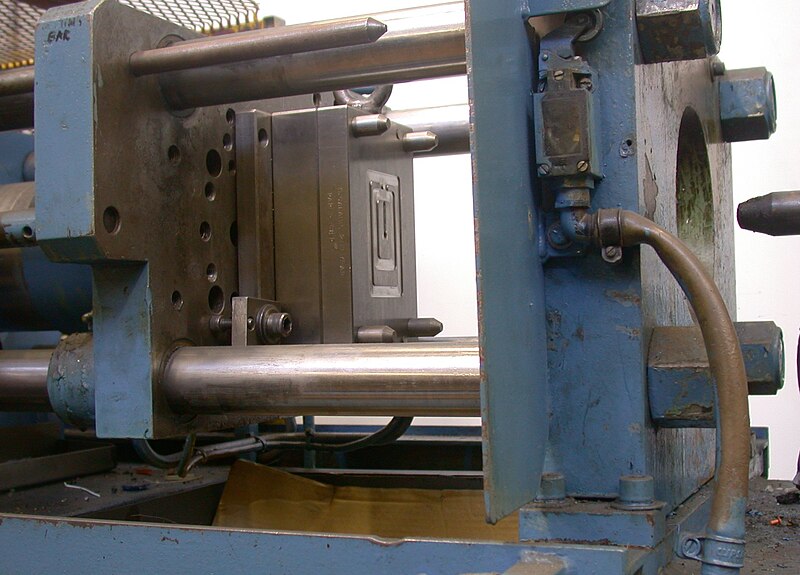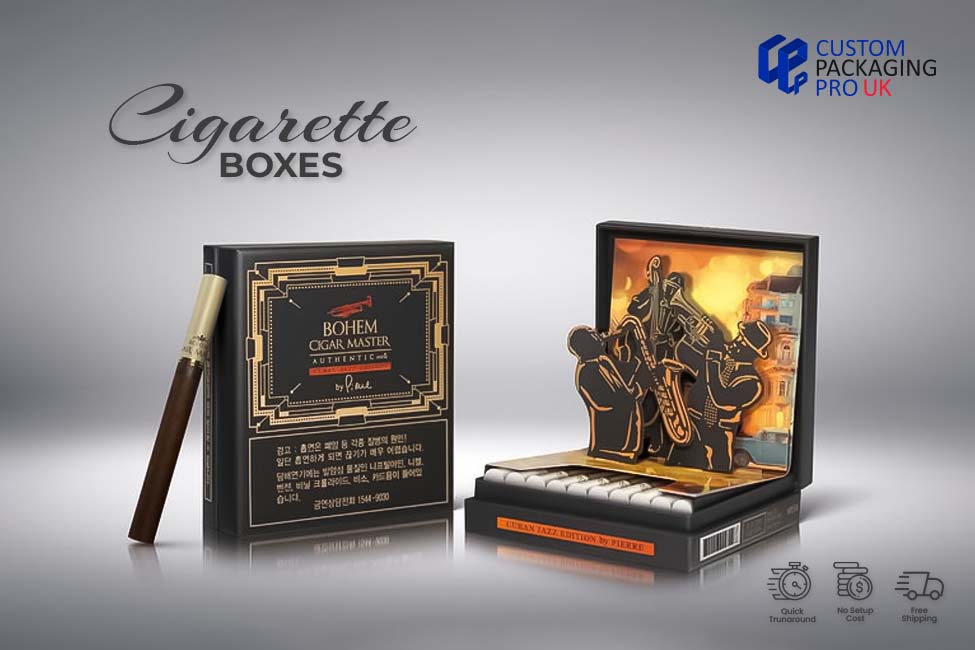Choosing the right plastic molding machine for your business is crucial, especially in a diverse and rapidly growing market like India. Whether you’re setting up a new manufacturing line or looking to upgrade your existing equipment, finding the perfect machine can make a significant difference in productivity and efficiency. But with so many options available, how do you make the best choice?
In this guide, we’ll walk you through everything you need to know to select the ideal plastic molding machine for your business. Think of this process like choosing the right tool for a job; just as you wouldn’t use a hammer when you need a screwdriver, you’ll need the right plastic molding machine for your specific needs.
Table of Contents
| Sr# | Headings |
|---|---|
| 1 | Understanding Plastic Molding Machines |
| 2 | Types of Plastic Molding Machines |
| 3 | Key Factors to Consider |
| 4 | Assessing Your Business Needs |
| 5 | Budget Considerations |
| 6 | Evaluating Machine Features |
| 7 | Importance of Energy Efficiency |
| 8 | Choosing Between New and Used Machines |
| 9 | Supplier Reputation and Support |
| 10 | Maintenance and Durability |
| 11 | Space and Size Requirements |
| 12 | Training and Technical Support |
| 13 | Compliance with Indian Standards |
| 14 | Case Studies: Success Stories in India |
| 15 | Final Thoughts and Recommendations |
Understanding Plastic Molding Machines
To start, let’s get a basic understanding of what a plastic molding machine does. Imagine this machine as a giant, high-tech cookie cutter. It melts plastic pellets and injects the molten material into molds to create various plastic parts. These parts can range from simple components to intricate designs used in everything from electronics to automotive parts.
Types of Plastic Molding Machines
Injection Molding Machines
Injection molding machines are the most common and versatile type. They work by injecting molten plastic into a mold. This method is perfect for high-volume production of complex shapes with tight tolerances.
Blow Molding Machines
Blow molding is used to make hollow plastic products like bottles and containers. The process involves inflating a hot plastic tube inside a mold to form the desired shape.
Compression Molding Machines
Compression molding involves placing plastic material into a mold cavity and applying heat and pressure to shape it. This method is ideal for producing large, heavy parts or items with detailed textures.
Rotational Molding Machines
Rotational molding involves heating plastic powder inside a rotating mold. The rotation ensures that the plastic coats the entire interior surface evenly. This technique is great for large, hollow items like tanks and playground equipment.
Key Factors to Consider
Production Volume
How many parts do you need to produce? If you’re aiming for high-volume production, you’ll need a machine that can handle large quantities efficiently.
Part Complexity
Are the parts you’re producing simple or complex? Complex parts require machines with advanced capabilities and precise control.
Material Types
What kind of plastic materials will you be using? Different machines are designed to work with various types of plastics, so choose one that matches your material needs.
Assessing Your Business Needs
Current and Future Production Needs
Evaluate your current production needs and anticipate future growth. Choosing a machine that can scale with your business ensures long-term value.
Product Variety
If you produce a variety of products, you’ll need a versatile machine. Consider whether a multi-functional machine or several specialized machines would be more beneficial.
Budget Considerations
Initial Investment vs. Long-Term Costs
While it might be tempting to go for the cheapest option, consider the long-term costs, including maintenance, energy consumption, and potential repairs. Sometimes, investing a bit more upfront can save money over time.
Financing Options
Look into financing options if the upfront cost is a concern. Many suppliers offer leasing or financing plans to help manage costs.
Evaluating Machine Features
Automation Capabilities
Automated features can significantly enhance productivity and reduce labor costs. Look for machines with programmable controls and automation options.
Precision and Control
Machines with advanced control systems provide better precision and consistency, which is crucial for high-quality production.
Energy Efficiency
Energy-efficient machines can reduce operational costs and are better for the environment. Look for models with energy-saving features or certifications.
Importance of Energy Efficiency
Energy efficiency is not just about reducing costs; it also contributes to sustainability. With rising energy prices and environmental concerns, choosing an energy-efficient machine is a smart move.
Choosing Between New and Used Machines
Pros of New Machines
New machines come with the latest technology and warranties, which can provide peace of mind and fewer issues in the initial phase.
Pros of Used Machines
Used machines can be more affordable but may come with risks like reduced reliability and limited support. Ensure they are thoroughly inspected and refurbished if needed.
Supplier Reputation and Support
Choosing Reliable Suppliers
Select suppliers with a strong reputation and good customer reviews. They should offer reliable after-sales support and service.
After-Sales Service
Good after-sales service is essential for troubleshooting and maintenance. Check if the supplier provides training and readily available support.
Maintenance and Durability
Maintenance Requirements
Consider the maintenance requirements of the machine. Some machines need more frequent upkeep than others, which can affect your overall costs.
Durability
Durability is crucial for long-term investments. Look for machines built with high-quality materials and proven reliability.
Space and Size Requirements
Machine Footprint
Ensure you have enough space for the machine and any additional equipment or accessories. Measure your available space carefully before making a purchase.
Workspace Layout
Consider how the machine will fit into your existing workspace. A well-planned layout can improve efficiency and workflow.
Training and Technical Support
Operator Training
Proper training for operators is essential for maximizing the machine’s potential and minimizing errors.
Technical Support
Reliable technical support is crucial for resolving any issues that may arise. Ensure the supplier offers comprehensive support options.
Compliance with Indian Standards
Regulatory Compliance
Ensure the machine meets all relevant Indian standards and regulations. This will help avoid legal issues and ensure the safety and quality of your products.
Certification and Quality Assurance
Look for machines that have relevant certifications and quality assurance marks. This indicates they meet industry standards and are reliable.
Case Studies: Success Stories in India
Examples of Successful Implementations
Learn from businesses that have successfully implemented plastic molding machines in India. Their experiences can provide valuable insights and practical advice.
Lessons Learned
Understanding the challenges and solutions faced by others can help you make more informed decisions and avoid common pitfalls.
Final Thoughts and Recommendations
Choosing the right plastic molding machine is a significant decision that impacts your business’s efficiency and growth. By carefully considering your needs, budget, and available options, you can find a machine that will help you achieve your production goals and drive success.
FAQs
1. What factors should I consider when choosing a plastic molding machine?
Consider factors such as production volume, part complexity, material types, and budget. Assessing these aspects will help you find the machine that best fits your needs.
2. Is it better to buy a new or used plastic molding machine?
New machines offer the latest technology and warranties, while used machines can be more affordable. Evaluate the condition and reliability of used machines before purchasing.
3. How important is energy efficiency in plastic molding machines?
Energy efficiency is crucial for reducing operational costs and contributing to sustainability. Choose machines with energy-saving features to maximize long-term savings.
4. What role does supplier support play in the selection of a plastic molding machine?
Supplier support is vital for troubleshooting, maintenance, and training. Choose a supplier with a strong reputation and reliable after-sales service to ensure smooth operations.
5. How can I ensure that my plastic molding machine meets Indian standards?
Check for relevant certifications and ensure the machine complies with Indian regulatory standards. This will help avoid legal issues and ensure product quality.
By understanding these factors and following this guide, you’ll be well on your way to selecting the perfect plastic molding machine for your business in India.




